#Battle of Verdun
Explore tagged Tumblr posts
Text

A French soldier at Fort Vaux, Verdun, 22 November 1916
188 notes
·
View notes
Text

The French were very smart regarding the Army at Verdun. Some 75% of the entire Army cycled through Verdun during the 10 month ordeal. By comparison, Crown-Prince Wilhelm’s Fifth Army bore the brunt of effort for the Germans.
29 notes
·
View notes
Text
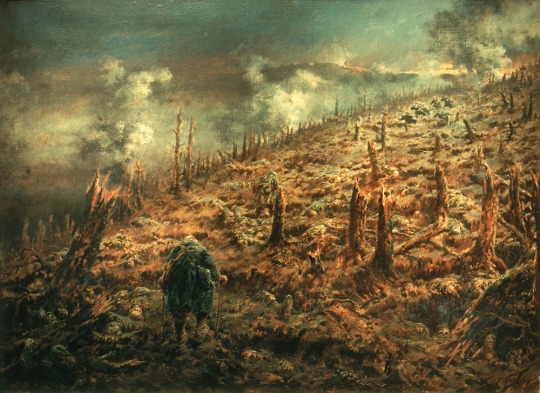
The Ravine of Death at Verdun by Ferdinand-Joseph Gueldry
#ferdinand joseph gueldry#art#first world war#verdun#battle of verdun#france#world war 1#world war one#wwi#ww1#world war i#europe#european#history#landscape#battlefield#battle
139 notes
·
View notes
Text

Hi lot, I’ve been at the battle of Verdun
2 notes
·
View notes
Text
The Battle of Verdun: A Saga of Valor and Horror
Introduction The air over Verdun hangs heavily with the stench of war as Germany, undeterred by previous offensives, aims to bleed France white. The French, steeled in resolve, stand ready to defend every inch of the River Muse amidst the grim realities of World War I.
Setting the Stage at Verdun Situated approximately 250 km northeast of Paris, Verdun held immense strategic importance for both France and Germany. The fortified region of Verdun, with its intricate network of forts, became the focal point of a harrowing saga of valor and horror.
The German Offensive and Strategic Significance As German forces pressed in from three sides, the German aim to capture Verdun was not only to demoralize the French army but also to gain a tactical advantage on the Western Front. Verdun's symbolic importance as a pathway to Paris made it a crucial battleground in the First World War.
The French Defense and Challenges Despite Verdun's historical significance, French leadership under Chief of Staff Joseph Joffre faced challenges in adequately fortifying the region. A lack of appreciation for the fortifications' importance led to undermanning and inadequate equipment, leaving the defenses vulnerable.
The German Assault and Leadership Dynamics Driven by a mix of motivations, Chief of General Staff Erich von Falkenhayn spearheaded the German assault on Verdun. The appointment of Crown Prince Wilhelm as the commander of the Fifth Army aimed to intertwine Royal prestige with military strategy in an effort to bolster German forces.
The Battle Unfolds The German offensive commenced in February 1916 and unfolded with relentless artillery bombardments and probing assaults. The subsequent months saw intense fighting, strategic shifts in leadership, and the ebb and flow of control over key positions such as Fort Douaumont and Fort V.
The French Counteroffensive and Victory In a dramatic turn of events, French forces launched successful offensives that saw them reclaim key positions lost earlier in the battle. By December 1916, the French had pushed German forces back, capturing thousands of prisoners and guns, marking a significant turning point in the battle.
Conclusion The Battle of Verdun, spanning nearly ten months, stood as one of the longest and most harrowing battles of World War I, with over 350,000 casualties on both sides. The valor and resilience displayed by both French and German forces amidst the horrors of war at Verdun underscored the enduring impact of this pivotal conflict.
2 notes
·
View notes
Text

Military History Now
2 notes
·
View notes
Text
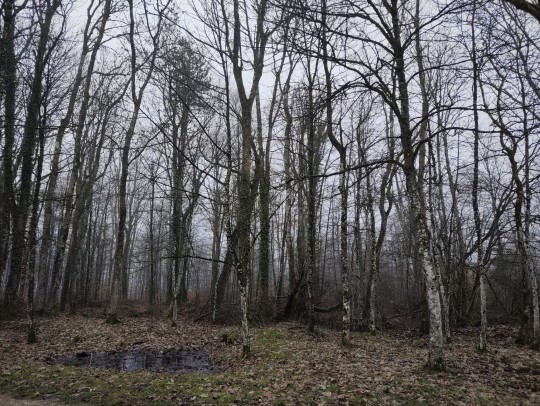
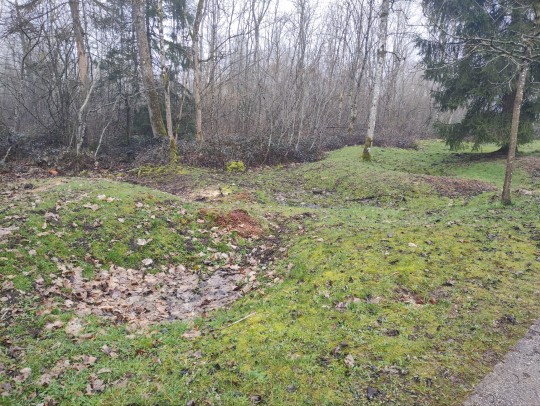

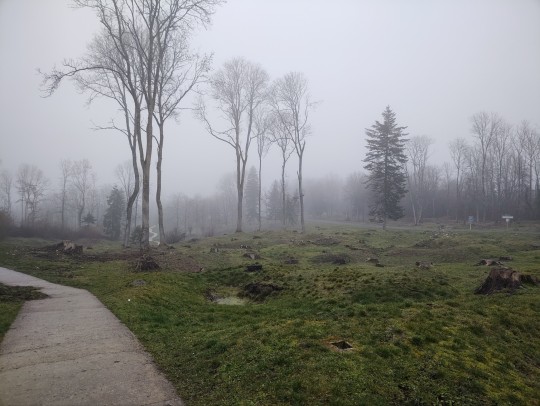
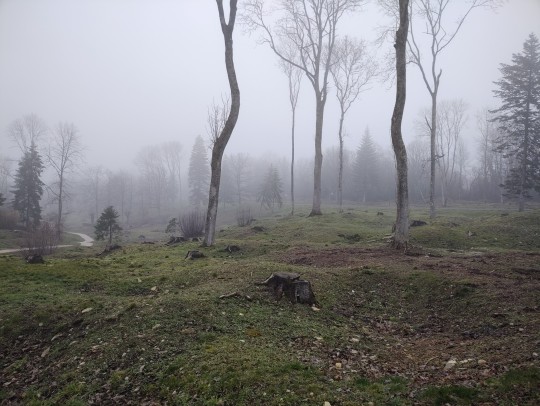



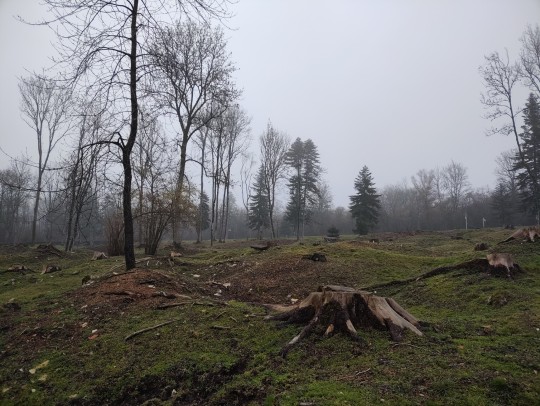
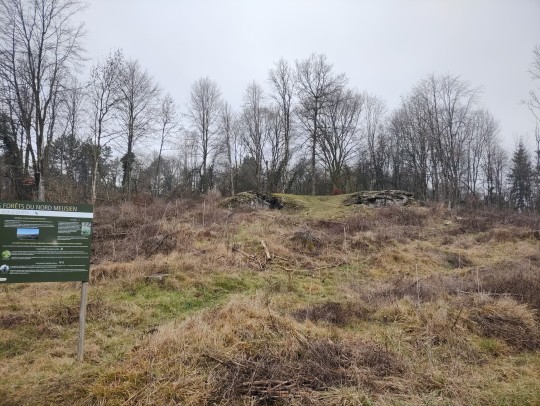
Trip to Verdun
23 février 2023
9 notes
·
View notes
Text

1 note
·
View note
Text
What happened at the Battle of Verdun
#warpedia, #BattleofVerdun, #WWI, #history
What happened at the Battle of Verdun – Warpedia The Battle of Verdun, fought between the German and French armies from February to December 1916, stands as one of the most significant and brutal battles of World War I. Located in northeastern France, Verdun held immense strategic importance due to its proximity to key transportation routes and its symbolic value to both sides. This blog post…

View On WordPress
#Battle of Verdun#how long was the battle of verdun#warpedia#What happened at the Battle of Verdun#What happened during Battle of Verdun#world war 1#world war i#ww1#WWi
0 notes
Text

French Lieutenant Frantz Adam on the Verdun front, 1916
57 notes
·
View notes
Text

Marie Marvingt by Emile Friant. By turns a swimmer, flyer, mountaineer, Marie Marvingt was known as the bride of death. She was also a WW1 nurse as seen here.
23 notes
·
View notes
Text

Be my mirror, my sword and shield, my missionary in a foreign field
#FOR SOME REASON I CANT EXPLAIN!!#I KNOW SAINT PETER WILL CALL MY NAME#battle at verdun and the angel of liberty beats go crazy#ww1#world war 1#my art#rahg
45 notes
·
View notes
Text
The Clones and Colonial Troops
I had an epiphany just now. This is probably not an original thought, but the completely asinine tactics on display by the Jedi leading the Grand Army of the Republic at Geonosis is incredibly reminiscent of early World War 1 tactics. Generals who vastly underestimated the lethality of modern warfare led troops in battle ranks against machine guns and artillery. They would largely keep doing this for much of the war trying to figure out a way to go on the offensive and break the stalemate of trench warfare.
Then factor in the usage of troops from colonial possessions and the lower classes whose lives could be frittered away without a lot of sentimentality and Geonosis takes on a different dimension.
This isn’t a “the Jedi are the bad guys” screed, but on a meta level it’s accidentally genius to be depicting an elite bought into a warrior aesthetic with no practical experience fighting on that scale being handed legions whose lives they could spend without a lot of introspection about whether those lives matter or not. At least not until the Jedi have had time to get to know the Clones as individuals and that their conditioning and the circumstance of their births are not the only relevant things about them.
At the Watsonian level, this is genius on the part of Palpatine. Make the Jedi responsible for learning war on the job, make their inevitable failures come at a heinous cost in lives, and watch it start to eat at the Jedi, their judgment, and their ability to sense evil and foresee better futures through the malaise of suffering and guilt.
Also given Attack of the Clones and Revenge of the Sith had anti-War on Terror / anti-military industrial complex messaging, I kind of wonder now how intentional it was to cast a non-white actor as Jango Fett and the template for the Clones given the historical treatment of “territorial regiments” and present day US military recruiting patterns. Which would add another layer to the callous and stupid wasting of lives at Geonosis.
#star wars#attack of the clones#grand army of the republic#jango fett#world war 1#The Battle of the Somme#Verdun#fan theories#star wars analysis#George Lucas#George Lucas accidental genius?
8 notes
·
View notes
Text
Pride Month is NOT ending. Fuck that. Keep shining on, you crazy diamonds.
1 note
·
View note
Text

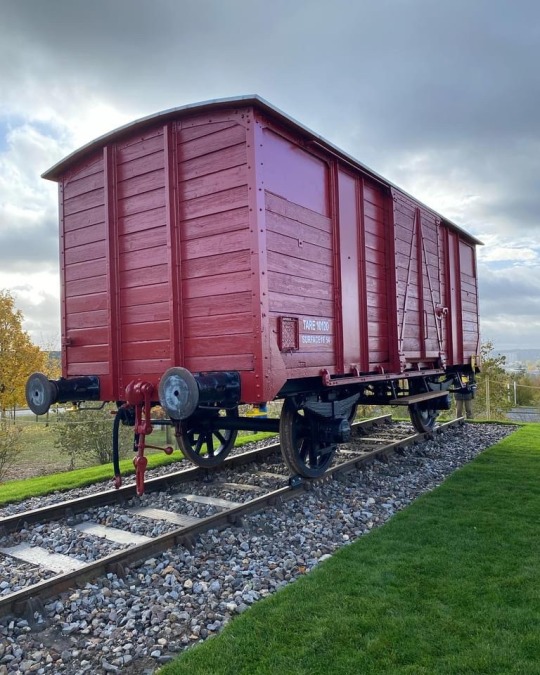
Deux rares wagons de la Grande Guerre viennent d ´arriver au Musée des 2 Guerres de Meaux (77) , Seine et Marne, Ile de France (France)
Un wagon de transport de troupes et un rarissime wagon d ´artillerie qui était couplé avec des pièces de très gros calibre installé sur rails.
#france#battle of verdun ww1#ww1trench#ww1 germany#ww1photos#ww1 art#ww1 history#ww1#hp ww1 era#ww2era#museum#imperial war museum#wagon#train station#wagon wheel#sncf
0 notes
Text
can't think too long about ww1 or i'll start losing. in france 900 to 1 000 soldiers died in average each day. each day. 8 million men went to battle when france only had 40 million inhabitants. i can't wrap my head around it.
What does so much violence do to society ? how do peaple deal with coming home from the battle field (that has no common mesure with previous battlefield) ? how do people deal with their loved ones traumatised, when they barely (if at all) have the words to described the trauma?
I don't even think you can have a peaceful political climate after war to such a scale
#every time i heard the numbers my thoughts circle back to taht#what if i was born a century before?#what if i had seen most of my male relatives and friends go to battle#to see one in five of them never come back#regarding my last remark#mass violence is one of the reasons for the political field being so fucking awful during the 30s#i mean after you fought during Verdun yeah going out and fist fighting in the streetdoesn't seem like a big step
0 notes